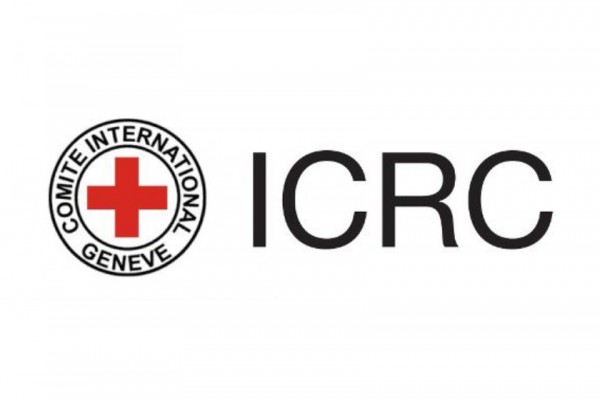The International Committee of the Red Cross (ICRC) has reported that over 71,000 individuals across Africa are currently registered as missing, marking a staggering 75 percent increase since 2019. Africa now holds the grim distinction of being the continent with the highest number of missing persons, unaccompanied children, and family reunifications, based on the ICRC’s records as of the end of June 2024.
Patrick Youssef, ICRC’s regional director for Africa, underscored the devastating impact of this crisis. “The issue of missing persons, including those forcibly disappeared, remains one of the most damaging and long-lasting humanitarian consequences of armed conflicts and other situations of violence,” Youssef stated. “Behind every missing person, there are countless more suffering from anguish and uncertainty. It’s a humanitarian tragedy for families, one that has consequences across all of society.”
The ICRC’s findings highlight that prolonged armed conflicts are the primary drivers of this crisis, causing thousands to disappear. Compounding the issue, natural disasters—some worsened by climate change—along with perilous migratory routes, have placed vulnerable populations at even greater risk of separation and disappearance.
As the world marks the International Day of the Disappeared on August 30th, the ICRC calls for an urgent and coordinated international effort to address this growing humanitarian catastrophe. “Political will is an essential step to obtaining the necessary resources to respond to this issue,” Youssef emphasized, urging for cooperation between national authorities and across borders.
Under international humanitarian law, state authorities are responsible for clarifying the fate and whereabouts of missing persons. However, the ICRC notes that many governments lack the resources, expertise, or political will to effectively tackle this issue. As a result, the ICRC and National Societies play a crucial role in bridging this gap, offering mental health support, legal advice, and in some cases, financial assistance to affected families.
In Nigeria alone, the ICRC has registered approximately 24,000 missing persons, with children making up more than half of these cases. Volunteers in conflict-ridden areas such as Borno, Adamawa, and Yobe states are working tirelessly to reconnect families through Red Cross Messages and provide critical support services.
This crisis, exacerbated by ongoing violence, migration challenges, and natural disasters, demands immediate global attention and action to prevent further suffering.




